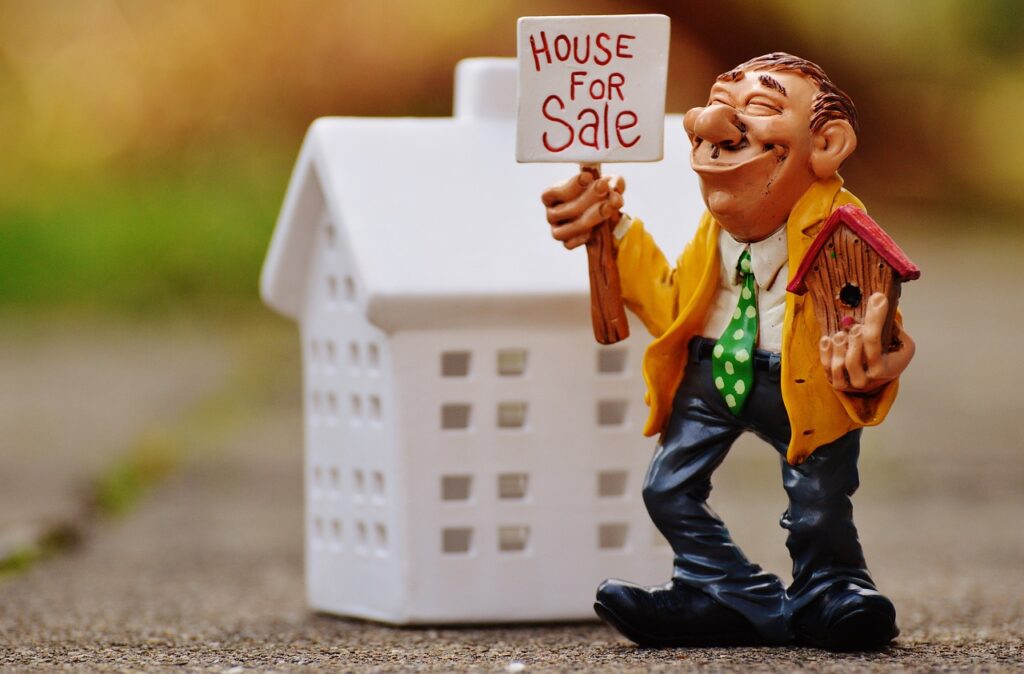Selling your home is a significant financial and emotional decision that requires careful planning and strategy. From setting the right price to staging and marketing your property effectively, each step plays a crucial role in ensuring a smooth and profitable sale. In this comprehensive home selling guide, we’ll walk you through everything you need to know to sell your home quickly and at the best price.
Determine Your Home’s Market Value
The first step in selling your home is to determine its market value accurately. Pricing your home too high can deter potential buyers, while pricing it too low can mean leaving money on the table.
How to Determine the Value:
- Comparative Market Analysis (CMA): Consult a real estate agent for a free CMA, which compares your home to similar properties that have recently sold in your area.
- Online Valuation Tools: Websites like Zillow and Redfin offer instant home value estimates, but use them as a rough guide.
- Hire a Professional Appraiser: For a precise valuation, consider hiring a licensed appraiser.
Choose the Right Time to Sell
Timing can significantly impact your sale price. Typically, spring and early summer are the best times to sell due to higher buyer activity.
Factors to Consider:
- Local Market Conditions: Check if it’s a buyer’s or seller’s market.
- Personal Circumstances: If relocating for a job or other reasons, plan your sale around these factors.
Prepare Your Home for Sale
First impressions matter. Preparing your home to appeal to the widest range of buyers can significantly boost its marketability.
Key Steps:
- Declutter and Depersonalize: Remove personal items and excess furniture to make spaces look larger and more inviting.
- Deep Clean: Hire a professional cleaning service if needed.
- Repairs and Upgrades: Fix leaky faucets, replace broken tiles, and consider fresh paint in neutral tones.
Stage Your Home
Staging helps buyers visualize themselves living in your space, making it easier to sell.
Tips for Effective Staging:
- Furniture Arrangement: Ensure a natural flow between rooms.
- Lighting: Use a mix of ambient, task, and accent lighting to brighten rooms.
- Curb Appeal: Mow the lawn, plant flowers, and update the front door hardware.
Market Your Property Effectively
Effective marketing is crucial to attracting potential buyers quickly.
Marketing Strategies:
- High-Quality Photos: Invest in professional photography to make your listing stand out.
- Virtual Tours: 3D tours can attract out-of-town buyers and offer a more immersive experience.
- Social Media and Listings: Promote your home on platforms like Zillow, Realtor.com, and social media channels.
Work with a Real Estate Agent vs. Selling by Owner (FSBO)
Decide if you want to hire a real estate agent or sell your home yourself.
Pros of Using an Agent:
- Expert Pricing and Negotiation: Agents have market expertise to price your home competitively.
- Access to MLS: Agents can list your home on the Multiple Listing Service for maximum exposure.
Pros of FSBO: - Save on Commission: Avoid paying the typical 5-6% agent commission.
- Full Control: Manage showings and negotiations directly.
Set a Competitive Listing Price
Pricing your home right from the start is essential to attract serious buyers.
Pricing Tips:
- Review Comparable Sales: Look at recently sold homes with similar features in your area.
- Consider Market Trends: In a seller’s market, you might price slightly higher; in a buyer’s market, price competitively.
Prepare for Open Houses and Showings
Making your home available for open houses and showings can expedite the sale process.
Tips for Successful Showings:
- Flexible Schedule: Accommodate buyers’ schedules as much as possible.
- Stage Strategically: Use scented candles and soft music to create a welcoming atmosphere.
- Secure Valuables: Remove or lock away personal valuables during showings.
Negotiate Offers Strategically
Receiving an offer is exciting, but negotiating the best deal requires strategy.
Key Negotiation Tips:
- Evaluate All Offers: Consider the buyer’s financial status and contingencies, not just the offer price.
- Counteroffers: Be prepared to counteroffer if the initial offer is below your expectations.
- Closing Costs: Negotiate who will cover expenses like inspections and title insurance.
Navigate the Closing Process
The closing process involves paperwork, inspections, and financial transactions.
Steps to Prepare:
- Home Inspection: Expect the buyer to request an inspection and be ready to address any repair requests.
- Appraisal: The buyer’s lender will order an appraisal; ensure your home is in its best condition.
- Final Walkthrough: Ensure the house is clean and all agreed-upon repairs are completed.
Conclusion
Selling a home involves careful planning and decision-making at each step. By pricing competitively, staging effectively, and marketing strategically, you can attract more buyers and close the sale faster. Understanding the selling process not only reduces stress but also maximizes your profit. With these tips, you’re well on your way to a successful home sale.


